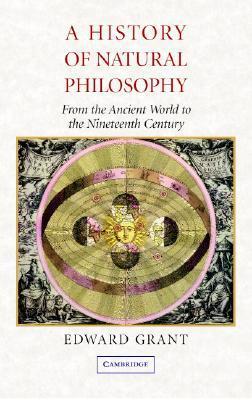Below is a snapshot of the Web page as it appeared on
3/30/2024 (the last time our crawler visited it). This is the version of the page that was used for ranking your search results. The page may have changed since we last cached it. To see what might have changed (without the highlights),
go to the current page.

